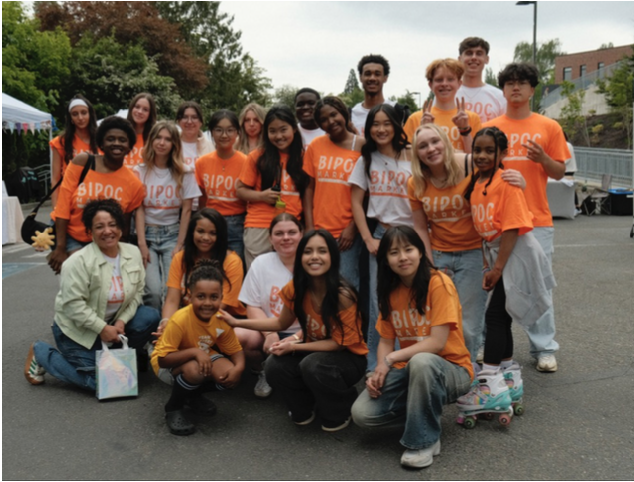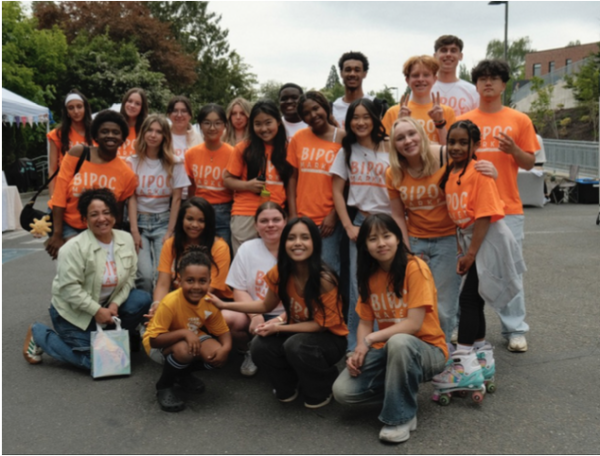IA Engagement: The Danger of Misinformation
November 1, 2022
Along with the spread of COVID-19 in the past three years, the spread of misinformation also runs rampant amongst the Seattle-Tacoma area. Throughout the pandemic, misinformation about COVID-19 has fueled many arguments in regards to vaccination rates, racism, death rates and political disputes. This issue also relates to local elections and political conflicts as COVID-19 has forced the community to reflect upon our government authority such as mayors, police chiefs and doctors.
Previously, I had convinced myself that the common spread of misinformation was not a prevalent issue in my everyday life, but the truth is that I’ve never paid enough attention to recognize the possibility that I have fallen victim to it. I recently had the opportunity to interview Caleb Hyun, a highschool student at Raisbeck Aviation in Seattle, to understand his newly formed non-profit organization called Balanced Media. The mission behind Balanced Media is to expose individuals to news articles with diverse opinions that have been evaluated by the community on a spectrum of right, neutral and left leaning. The website’s evaluation algorithm serves as a modern approach to breaking “echo chambers,” the reinforcement of the same opinion repeatedly in social bubbles, in which Hyun has observed younger individuals suffer as news travels at a faster rate than ever. Generally, misinformation is not spread intentionally. Many people who fall victim to misinformation do so because they focus on information that reinforces prior acquired ideology, rather than actively attempting to widen their worldview. This type of environment is referred to as an echo chamber. Being stuck in an echo chamber inhibits one’s ability to discover other perspectives and leads to distorted and extreme understandings of controversial topics. People struggle to escape echo chambers due to confirmation bias, or the tendency to solely research the information that reinforces existing opinions.
Another factor that may cause someone to fall into an echochamber is the existence of sophisticated social media algorithms. The digital algorithms set by social media software are designed to mirror the user’s taste in content based on the content the user has previously shown an interest in by commenting, liking and sharing said content. On almost all forms of popular social media, the user will continuously be directed towards aforementioned similar content because these algorithms make it almost impossible to return to an empty slate without creating a new account altogether. Although this tool has been deemed helpful to businesses, social movements and social media influencers, it can also inhibit individuals from realizing they are in and escaping an echochamber.
This article serves as an engagement for the author’s Global Politics Internal Assessment. It has been edited for length and clarity and to uphold Inkwell’s standards for published content.









